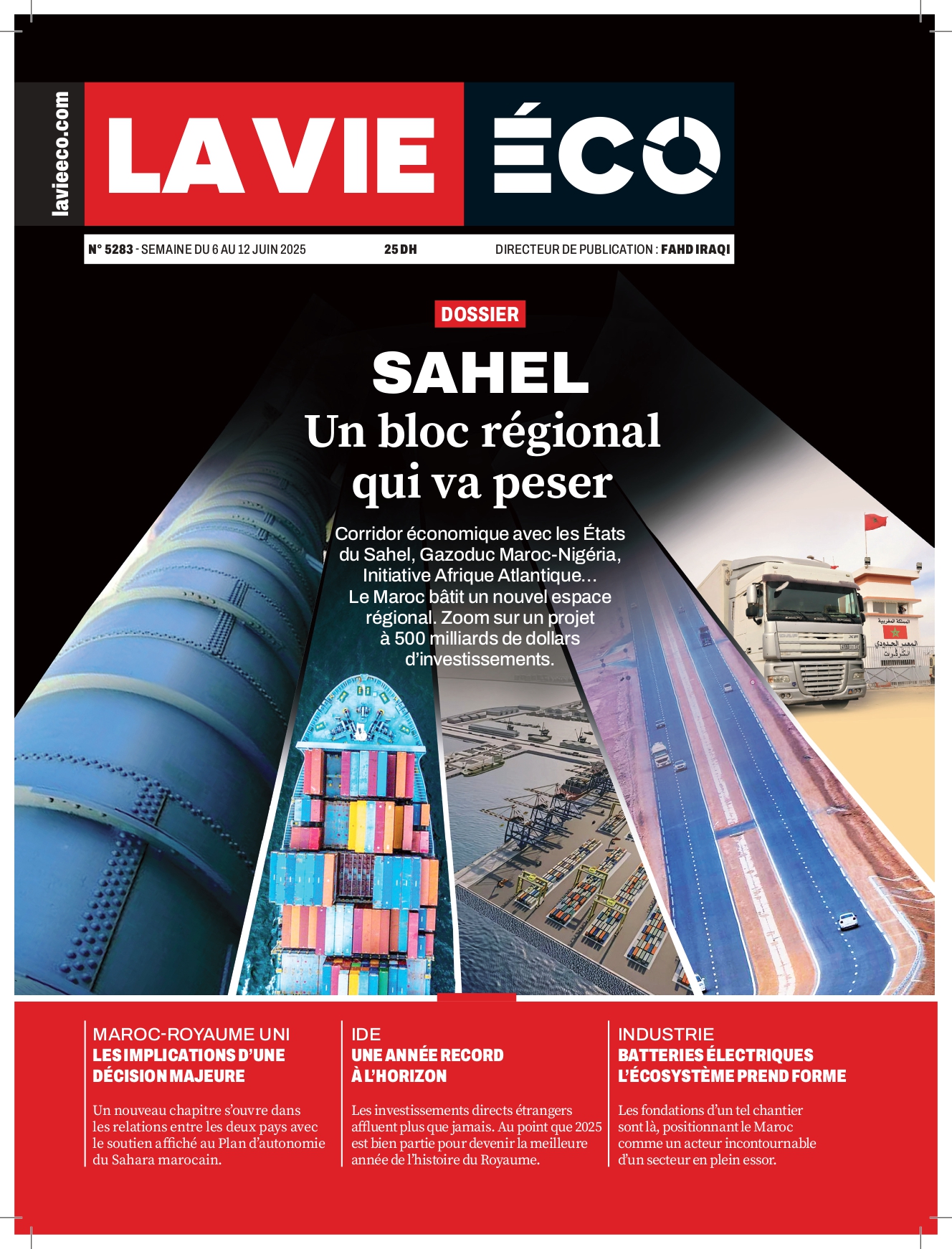International
Market Rebound Amid Tariff Uncertainty and Tech Innovation

Recent commentary from the U.S. President Donald Trump regarding tariff “flexibility” highlights a willingness to adapt to changing circumstances; however, it also introduces an underlying uncertainty that can negatively impact the market. Trump indicated a reciprocal approach to tariffs, stating that “there’ll be flexibility” but primarily in response to actions from trade partners, while dismissing the notion of granting exceptions to specific countries. This nuance suggests a strategic maneuver rather than unidirectional benevolence. On the market front, major U.S. indices showed a modest recovery after ending a four-week losing streak, with the S&P 500 rising by 0.5%, the Dow Jones Industrial Average increasing by 1.2%, and the Nasdaq Composite gaining 0.2% for the week. However, FedEx’s sharp 6.5% decline following an earnings outlook revision raised concerns about economic health. Simultaneously, China’s Vice Premier He Lifeng reassured multinational executives at a recent meeting, indicating a commitment to market openness, aiming to strengthen economic ties with the U.S. Investors should remain alert to upcoming U.S. Personal Consumption Expenditures Price Index figures, anticipated to be released on Friday, as well as PMI readings for March and final GDP figures for the fourth quarter. These metrics will be crucial for understanding market dynamics amid potential tariff shifts. In the tech sector, Ant Group is innovating by utilizing both Chinese and U.S.-made semiconductors, which have reduced AI development costs by 20%. This strategic approach aligns with industry trends favoring diversified supply chains, moving away from reliance on single suppliers like Nvidia, while also enhancing the efficiency of deploying AI models.
Source: CNBC













